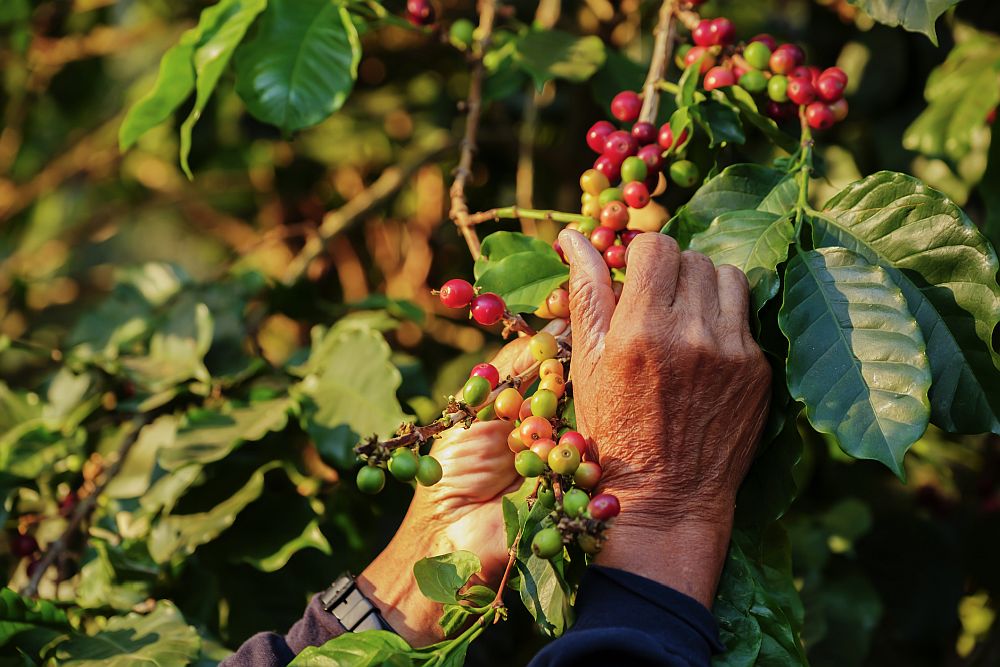Organic coffee refers to coffee that is grown and processed without the use of synthetic fertilizers, pesticides or other chemicals. The coffee beans are grown on farms that adhere to strict organic farming practices, which include using natural methods to control pests and diseases, maintaining soil health and preserving biodiversity. Additionally, organic coffee beans are processed without the use of synthetic preservatives or chemicals, and are often shade-grown to protect the coffee plants and the surrounding ecosystem. Organic coffee is considered a more sustainable and environmentally friendly option compared to conventional coffee.
Organic agriculture is a sustainable practice that promotes soil and water conservation, leading to an increase in biodiversity. However, the certification process for organic coffee can be costly and time-consuming, making it a financial risk for farmers. Additionally, there is a lack of incentives for farmers to produce high-quality organic coffee. The organic label only assures that the coffee has been produced, processed, and handled according to certain standards, but it doesn’t guarantee the end quality. Some speciality coffee roasters argue that certification models are flawed and that direct relationships between growers and customers would be more beneficial. However, despite these challenges, it is possible to produce high-quality organic coffee with an outstanding flavor-profile. The speciality industry should work towards making sustainable farming more economically viable for everyone involved. The quest for the best quality in a cup is important, but we should also feel responsible for the effect the farming model that has produced the coffee we are drinking has had on the environment and the lives of the farmers.

organic coffee can be a solid basis for economic development, especially for small-holder farmers in both developed and developing countries. However, there are several factors that can affect organic coffee production and profitability for these farmers. These include the need for intensive and skill-based management of organic coffee plantations, high costs of certification, and market penetration-related issues. These challenges are further exacerbated by low economic development levels and limited capacity among small-scale coffee producers. To improve the organic coffee system, training and awareness-raising, proper application of organic farming principles and practices, and forming and promoting cooperatives to minimize certification costs and increase participation of small-scale growers in market decisions and facilitation are recommended.



